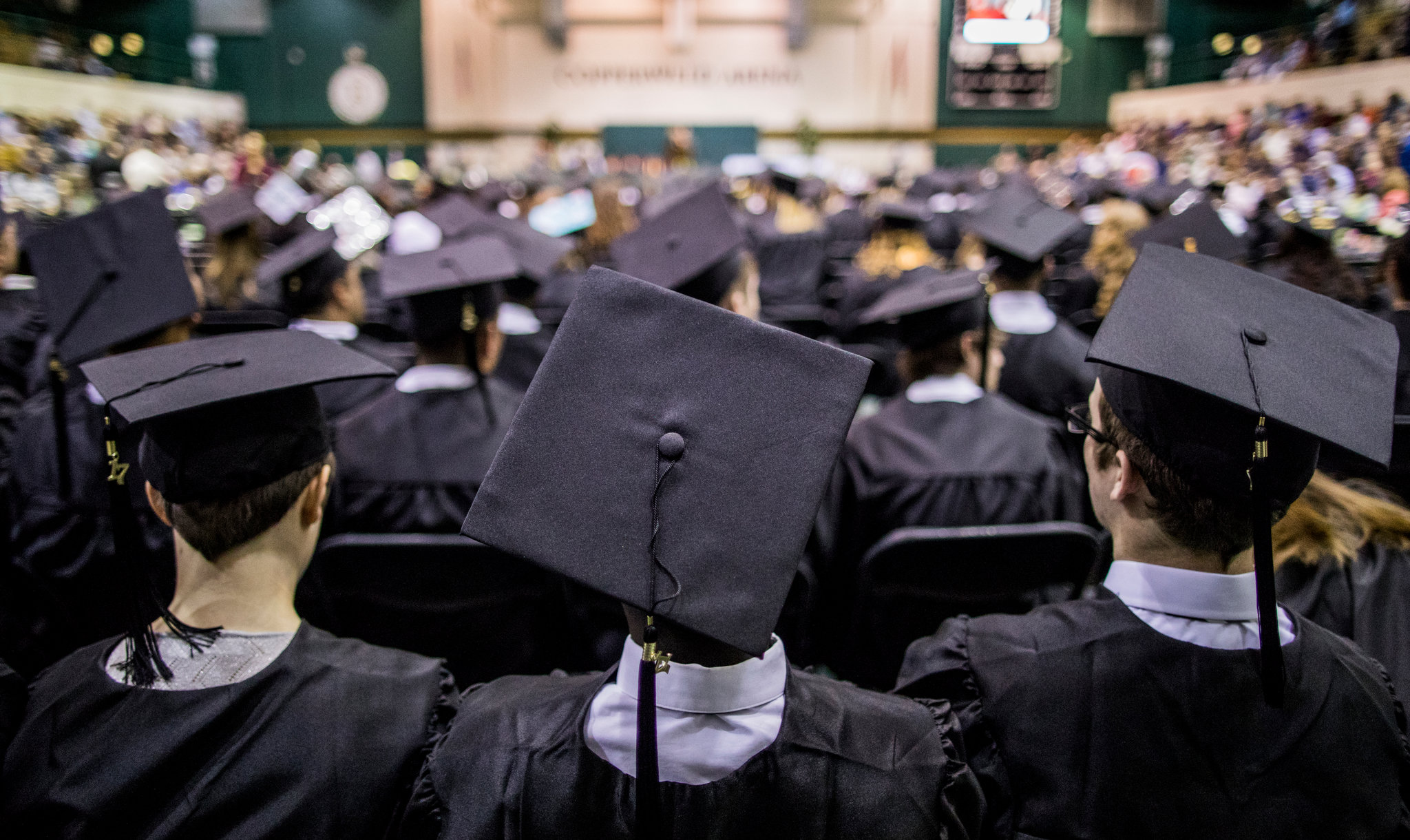Australia’s higher education sector finds itself mired in uncertainty after a controversial bill proposing caps on foreign student numbers hit an unexpected roadblock. Initially expected to pass with ease, the legislation has faced staunch opposition, not just from universities but also from political factions, leaving its future and the broader implications for the education industry in limbo.
The proposed bill, introduced as part of a broader strategy to curb overall migration, was aimed at limiting new international student enrollments to 270,000 by 2025—a significant reduction compared to 2024 figures. The government justified the cap as a measure to alleviate housing pressures and ensure the sustainability of the sector. However, the abrupt withdrawal of support from opposition leader Peter Dutton has left the bill’s fate hanging in the balance.
Mr. Dutton, leader of the Liberal-National Coalition, derided the bill as “a dog’s breakfast,” arguing that it fell short of the decisive reforms needed to address migration challenges. He has promised “deeper cuts” if his coalition wins the federal election due by May. On the other hand, the Greens have criticized the proposal as a form of “dog whistling,” accusing the government of unfairly scapegoating international students for Australia’s housing crisis.
For universities, the collapse of the bill in the Senate—where it cannot proceed without bipartisan support—has been a double-edged sword. While many institutions opposed the cap, citing its potential to damage Australia’s global reputation and hinder an industry contributing AUD 50 billion annually to the economy, the lack of resolution prolongs a climate of instability.
Luke Sheehy, Executive Director of Universities Australia, expressed his dismay at the ongoing turmoil. Speaking to the BBC, he lamented that international students were being exploited in what he called “a phoney war on migration,” adding that the situation provided “no sense of relief” despite the apparent defeat of the legislation.
Some universities had already begun adjusting to the anticipated cap, cutting staff and rejecting applications in preparation for reduced student numbers. Reports have emerged of international students opting for other study destinations due to declining confidence in Australia’s policy stability. These trends, if sustained, could further erode Australia’s competitive edge in the global education market.
The Group of Eight (Go8), representing Australia’s top universities, welcomed the bill’s failure, arguing that it would have inflicted harm on students and staff alike. However, they also acknowledged the ongoing challenges stemming from the uncertainty, especially with the 2025 academic year fast approaching.
Regional universities, in particular, face heightened risks. Without the proposed cap, some institutions may now experience unexpected surges in student numbers, while others, especially those outside major urban centers, could struggle to attract sufficient enrollments to sustain their operations. This imbalance threatens to deepen the divide between metropolitan and regional education hubs.
Critics have accused the government of mismanaging the issue, pointing out that its failure to resolve visa policy concerns has perpetuated structural inequities. The current system disproportionately channels international students into a handful of city-based universities, exacerbating housing pressures in urban areas while leaving regional campuses underutilized.
Prime Minister Anthony Albanese’s Labor government has yet to formally withdraw the bill, but its passage now appears implausible without major concessions. Meanwhile, Mr. Dutton’s pivot from support to opposition has drawn accusations of hypocrisy, given his previous calls for tougher immigration controls amid record-high migration levels.
For stakeholders in the higher education sector, the lack of clarity continues to be a source of frustration. “The most devastating part of this discussion is that we still don’t have a resolution,” Mr. Sheehy remarked. “We’re nowhere closer to providing the certainty, stability, and growth the government promised us when they proposed these caps months ago.”
As political leaders remain entrenched in debate, the clock is ticking for Australian universities. With only weeks left before the start of the new academic year, the industry’s capacity to recover its footing and safeguard its global standing hangs in precarious uncertainty.







